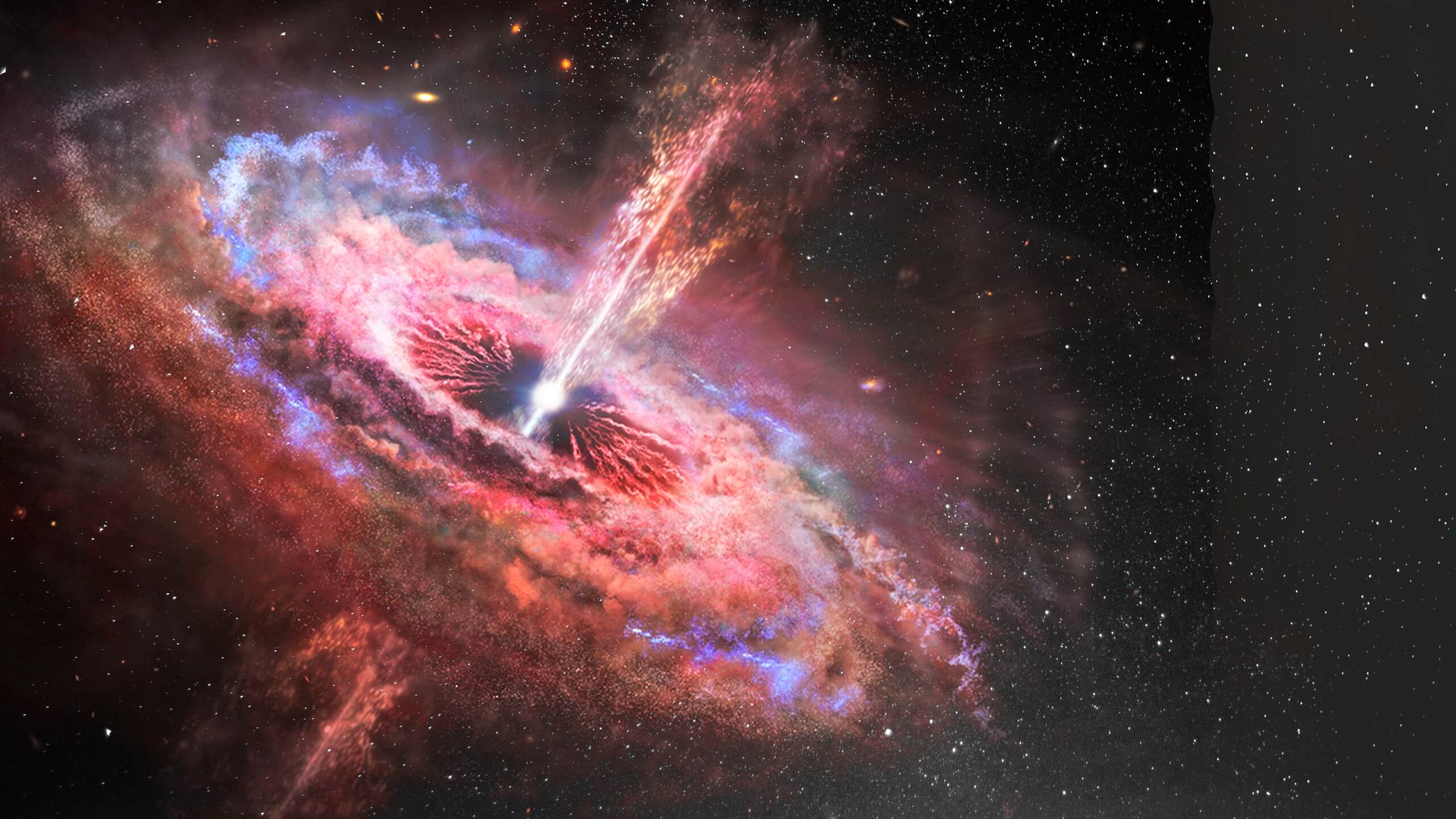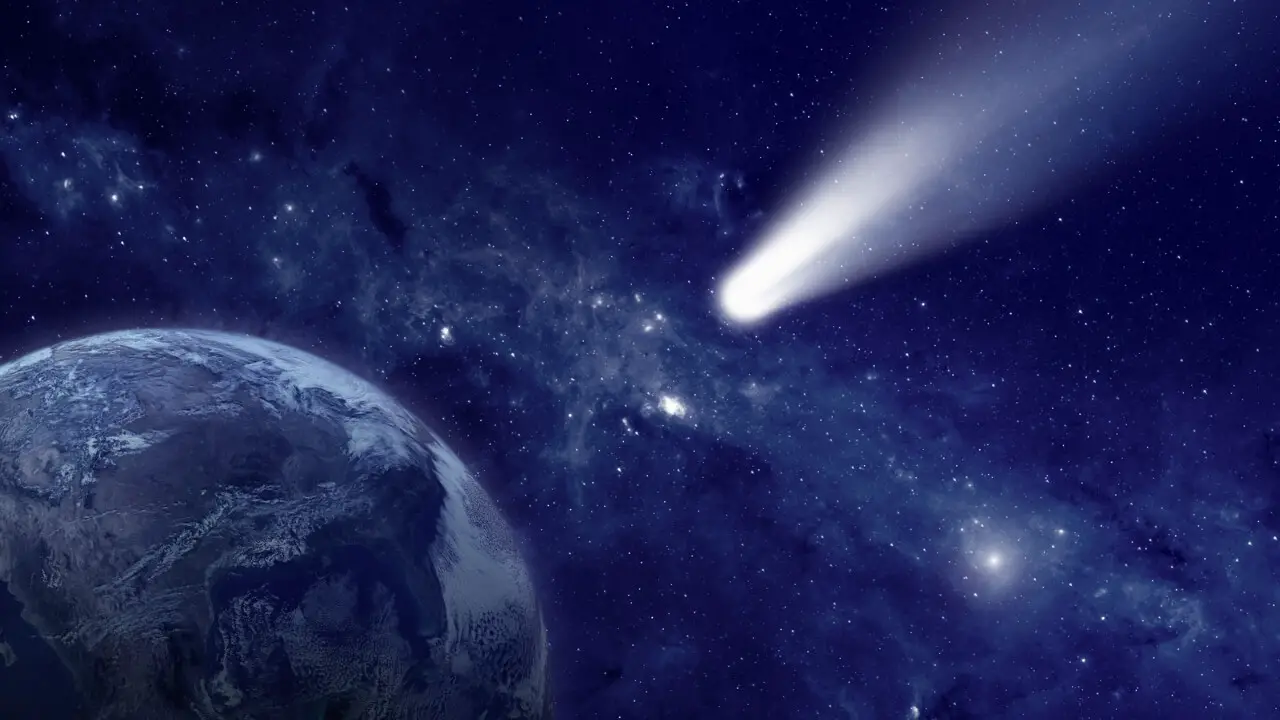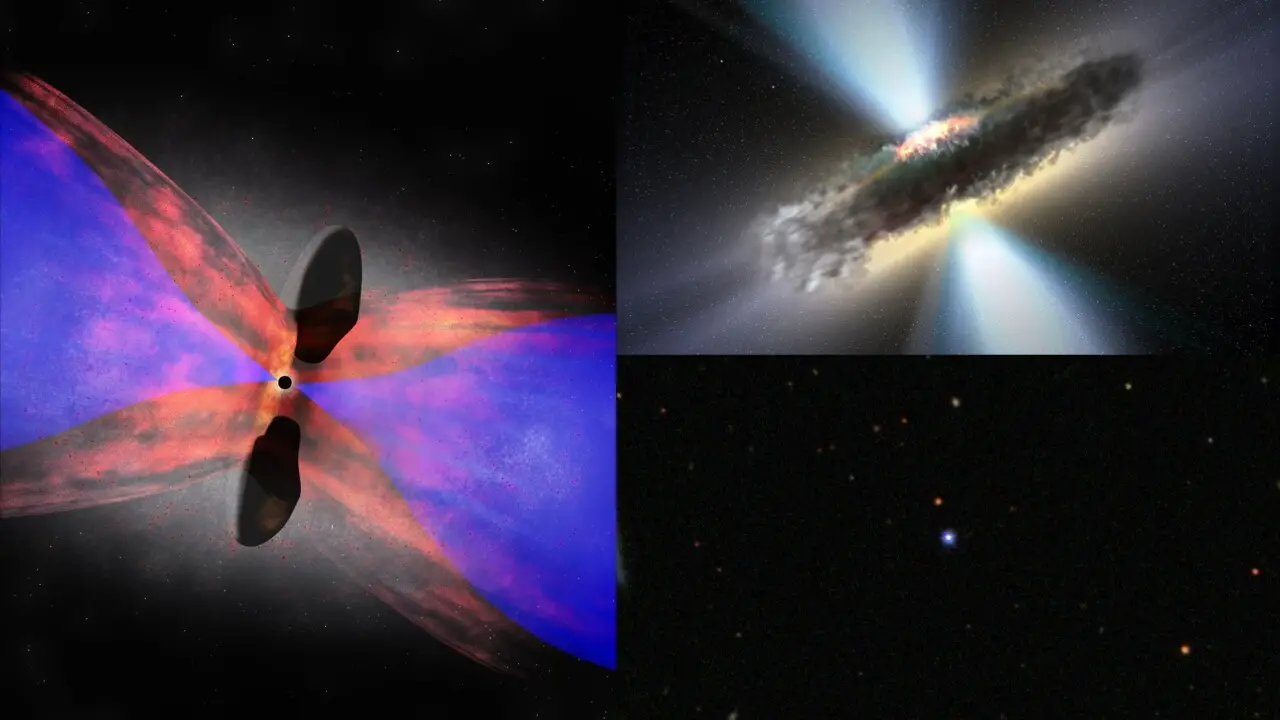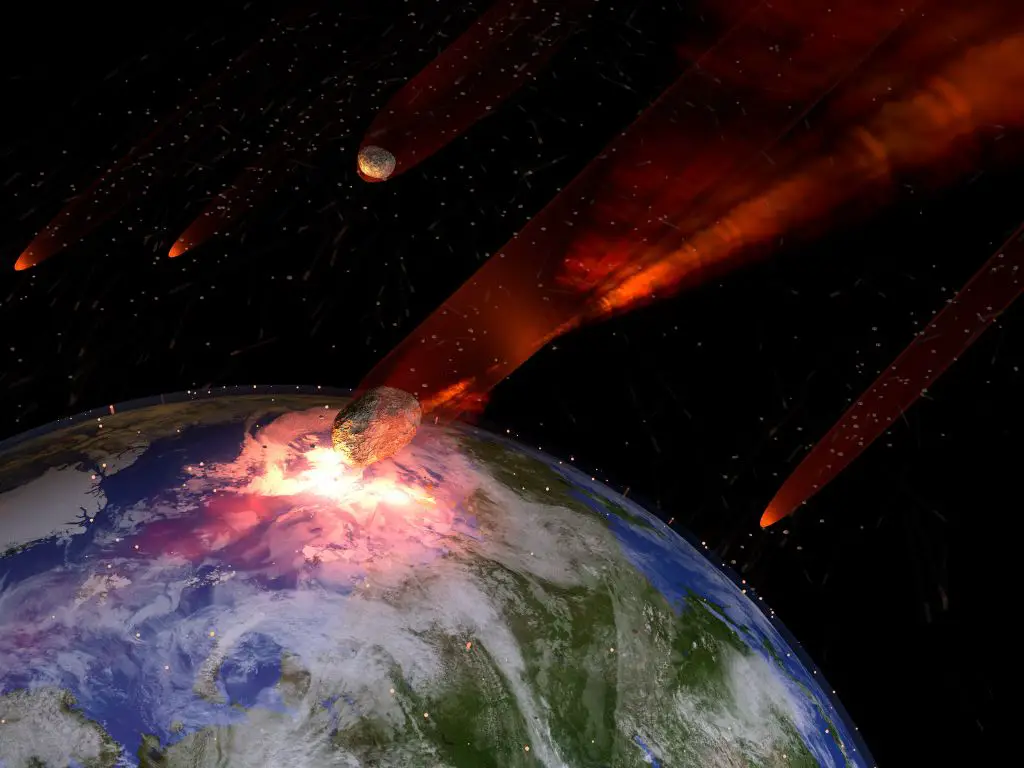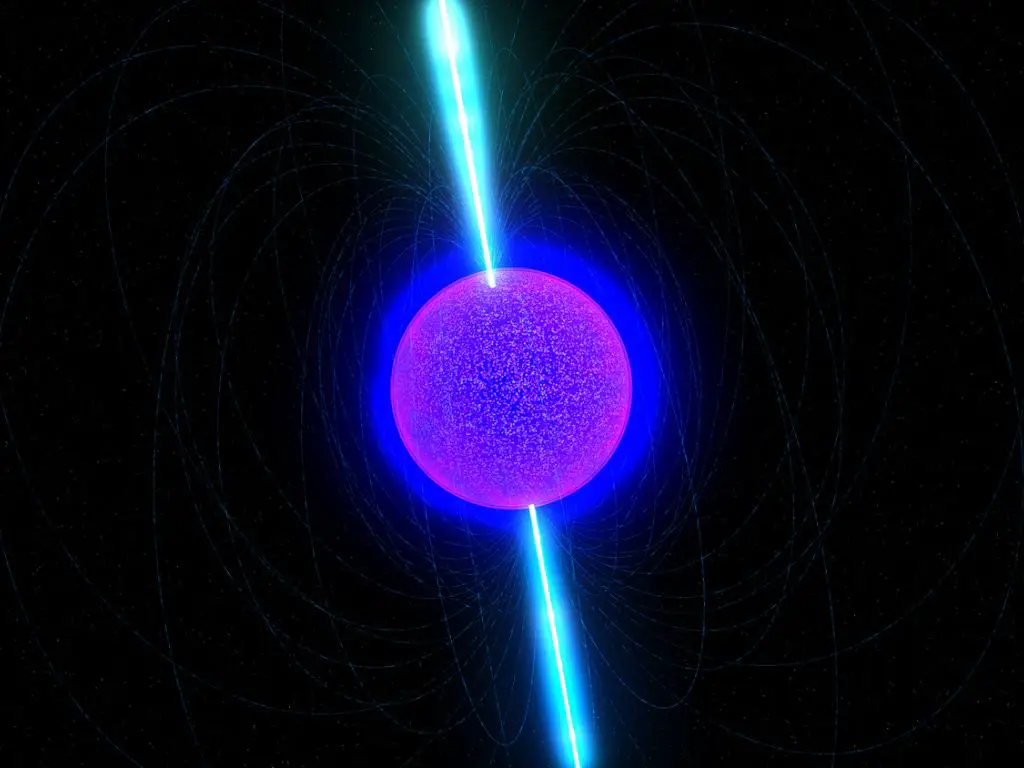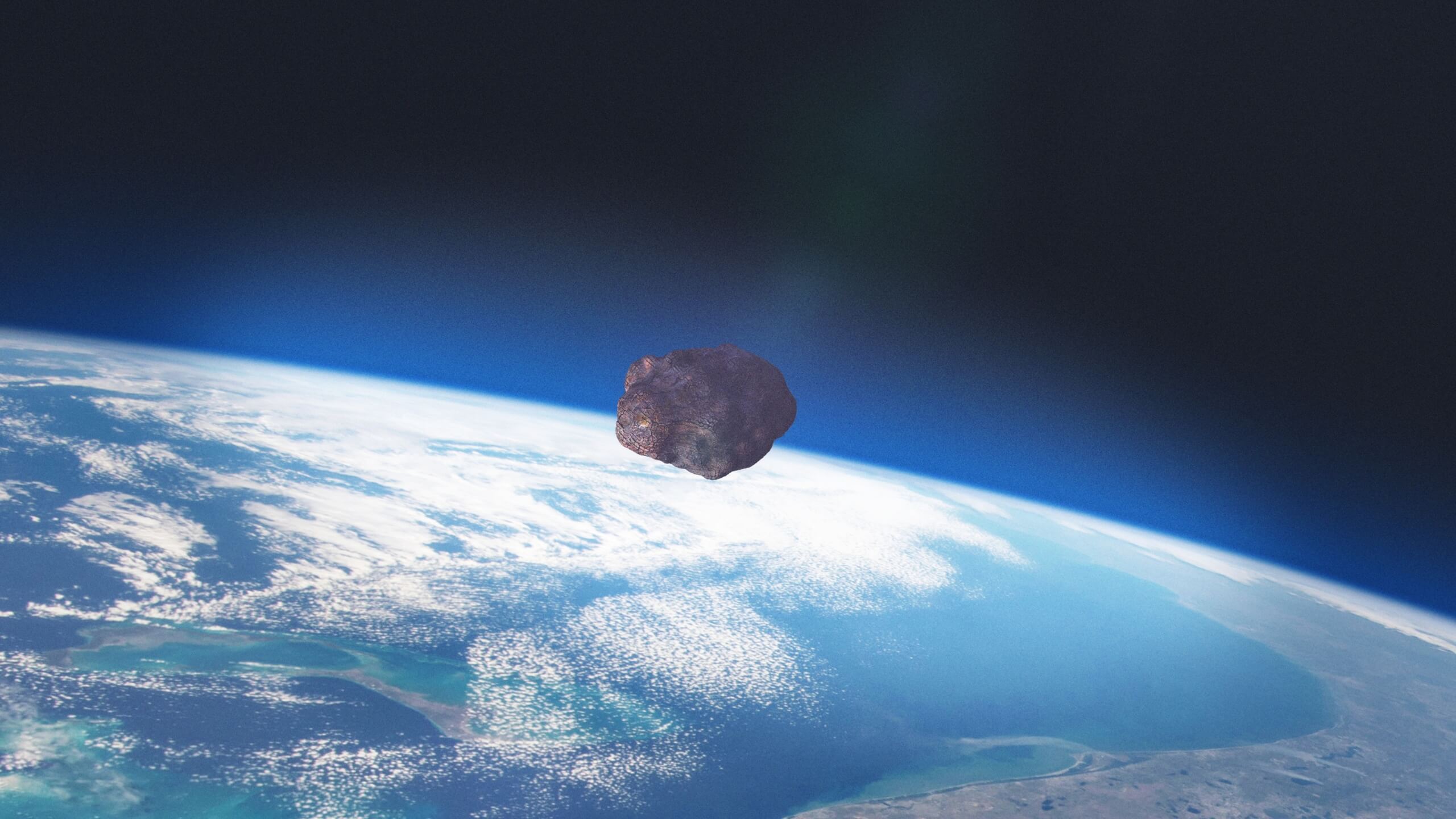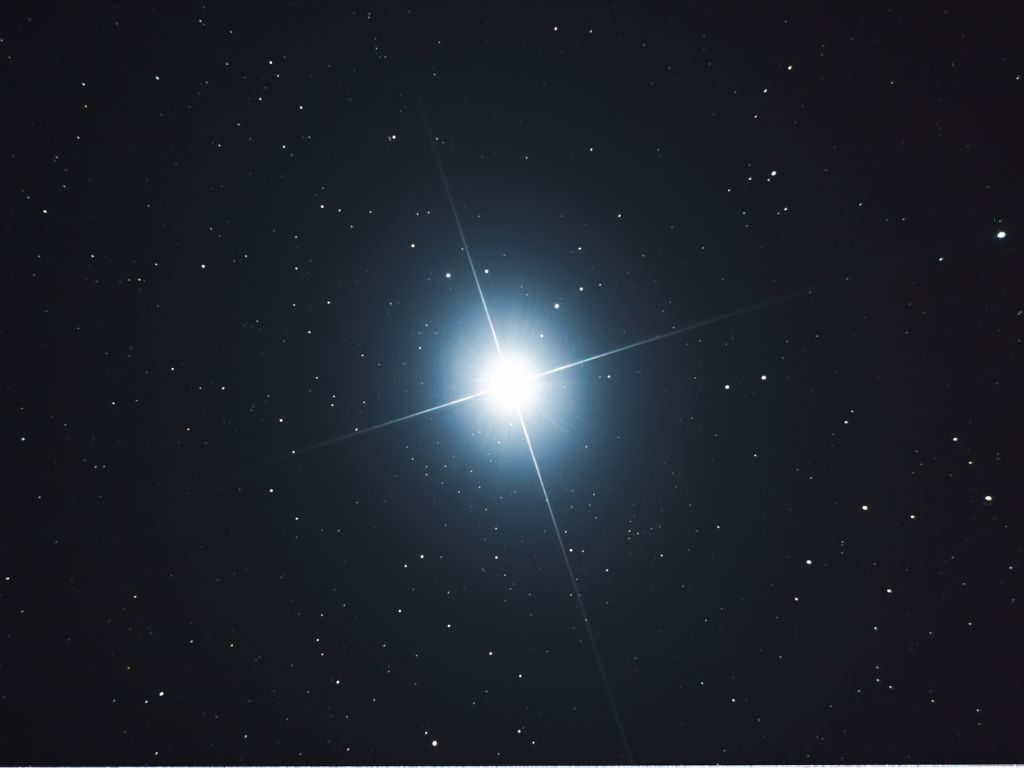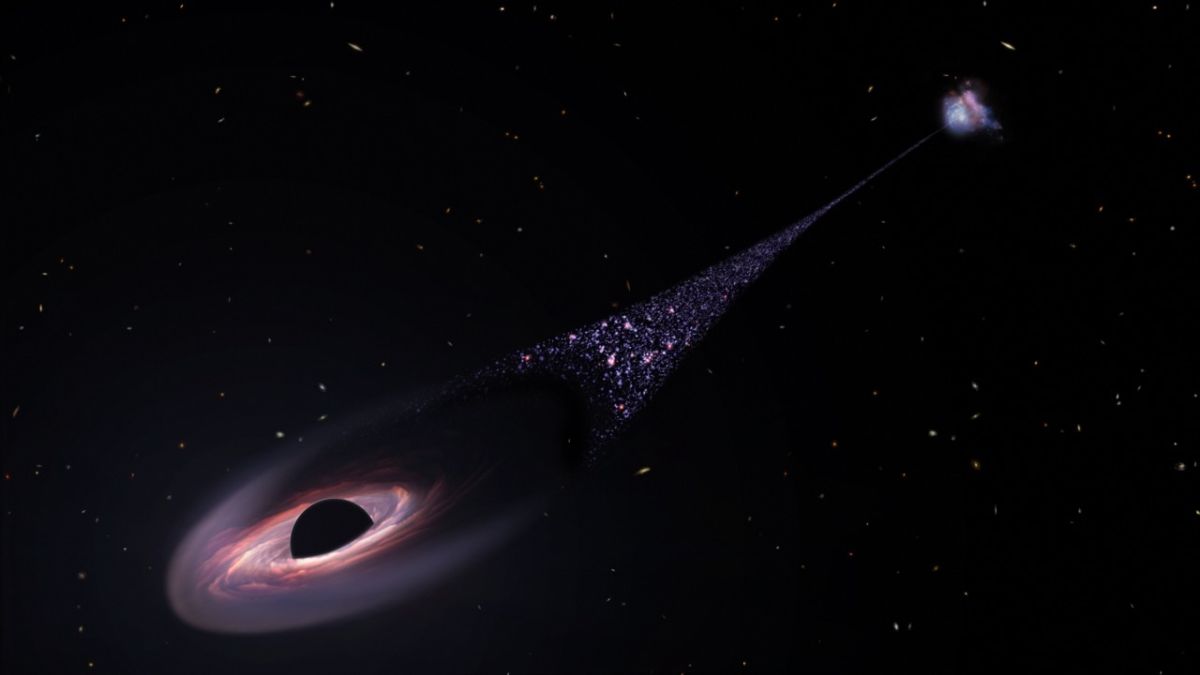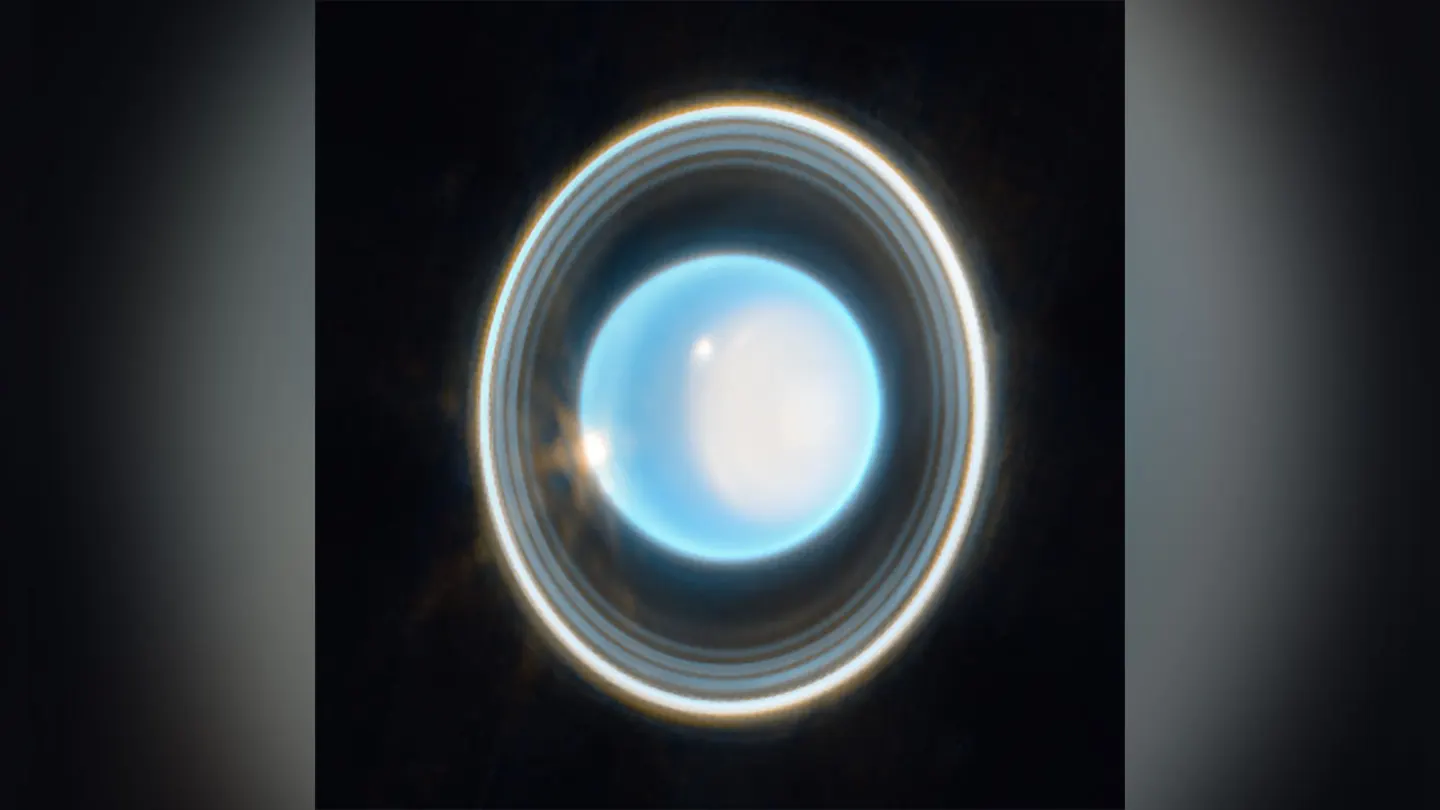Category: Space
Can Anything Escape From A Black Hole? | Escaping A Black Hole
Black holes are areas in space with such strong gravity that nothing can escape from it, even light or other electromagnetic radiations. They are formed when matter falls under its own gravity and squeezed into a small space. The two basic parts of a black hole are; the event horizon and the singularity. The event…
Written by
Comet C/2023 A3(Tsuchinshan ATLAS): The Brightest Comet Approaching Us
C/2023 A3 is a short tail comet that appeared on 22 February 2023. It was observed coming towards Earth by ATLAS (Asteroid Terrestrial-impact Last Alert System) South Africa. But if we go a little back in time then the same comet was also observed on 9th January 2023 by Purple Mountain Observatory and due to…
Written by
Top 5 Biggest Black Holes in the Universe – Top Supermassive Black Holes
The Top 5 Massive Black Holes discovered so far are Phoenix A*, Tonantzintla 618 Black Hole (TON 618), Holmberg 15A (Holm 15A), IC1101 and S5 0014+81. The presence of these supermassive black holes is one of the most inspiring aspects of our cosmos. Black holes are the objects formed when stars collapse due to their…
Written by
Earth in Danger? New Study Reveals Higher Risk of Asteroid and Comet Impacts
A new study has revealed that Earth may be at a higher risk of being hit by a large asteroid or comet than previously thought. The researchers used satellite imagery to identify four impact craters that are less than a million years old and have rings around them, suggesting they were caused by very powerful…
Written by
The Mystery of the Super-Bright Neutron Star That Breaks the Eddington Limit
Astronomers have discovered a bizarre cosmic object that shines millions of times brighter than the sun, breaking a physical law known as the Eddington limit. The object is an ultraluminous X-ray source (ULX), a type of exotic cosmic object that produces about 10 million times more energy than the sun. The Eddington limit is a…
Written by
Will Apophis Asteroid Hit Earth? – Apophis 99942 Facts
No! Apophis 99942 will not hit the Earth, at least for 100 years. Apophis was discovered in 2004 and caught the attention of scientists because they predicted a 2.7% chance of Apophis hitting Earth by 2029. Apophis was the first ever asteroid that got a rating of 2% for the chances of hitting Earth, the…
Written by
The Stages of the Life Cycle of a Star – A Cosmic Evolution
Stars have been a source of fascination for centuries. These celestial bodies are an essential component of our universe and play a pivotal role in the cosmic balance. The life cycle of a star is a captivating story filled with dramatic twists and turns, with each stage offering unique insights into the universe’s inner workings.…
Written by
A Cosmic Monster on the Loose: How a Runaway Black Hole Is Creating a Trail of Stars
Astronomers have witnessed a rare and spectacular sight in the distant universe: a supermassive black hole that is speeding through space, leaving behind a 200,000-light-year-long trail of newborn stars. This is the first time such a phenomenon has been observed, and it reveals new insights into the violent interactions among massive black holes and their…
Written by
What JWST Has Seen So Far in 2023: The Most Incredible Images and Discoveries
The James Webb Space Telescope (JWST) is a marvel of engineering and science that has been exploring the mysteries of the cosmos since its launch in December 2021. In its first year of operation, JWST has made some remarkable discoveries that have shed new light on the origins and evolution of the universe, the formation…
Written by

